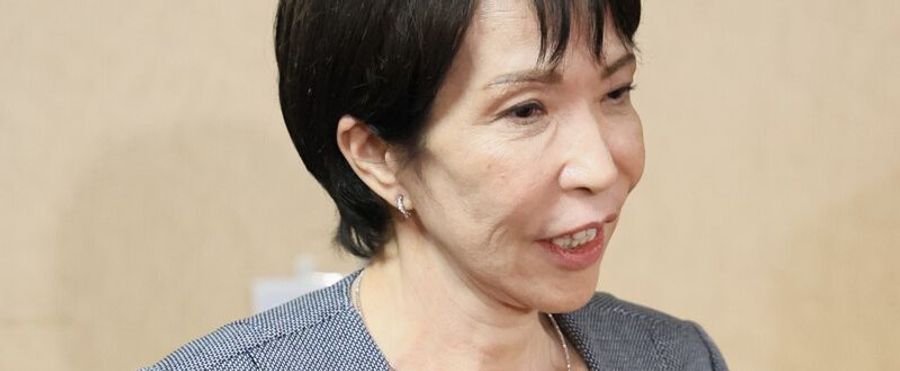Recently, popular Japanese politician Mr. Takashi publicly issued an apology over his departure from the Komeito Party, taking full responsibility for his decision. The departure was a significant event in Japanese politics, causing major shifts in the balance of power. Takashi's apology marks a moment of accountability in the political circle, highlighting the personal and professional implications of such decisions.
In Japanese society, public apologies are highly significant and show acceptance of responsibility. High-profile figures like politicians often apologize for actions that result in upheaval or negative impact. Takashi's case is noteworthy as his departure from Komeito Party disrupted the political stability of Japan to a certain extent. His public apology therefore has been viewed as a courageous act and a demonstration of accountability.
In the US or EU, individual politicians leaving their party usually do not necessitate public apologies, as the political culture is more individualistic and less collective. Additionally, the frequency and importance of public apologies are not as high as they are in Japan. This highlights a key difference in the way responsibility and accountability are addressed in different cultures.

